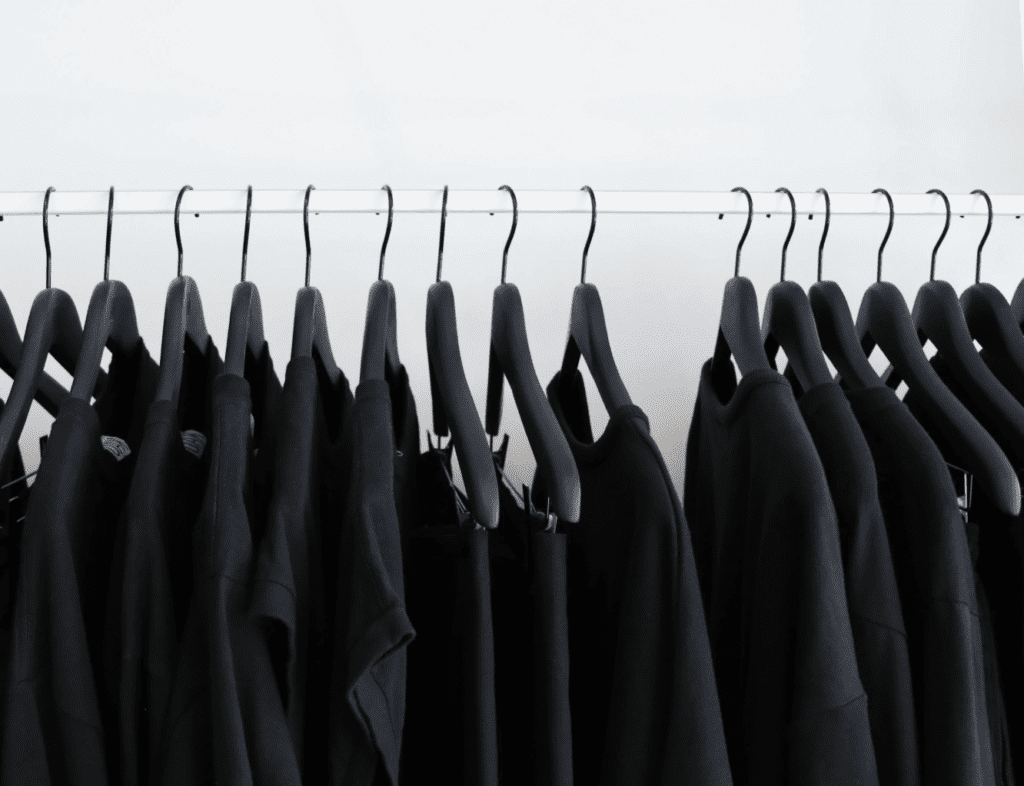Chinese fast fashion giant Shein made headlines early this month for allegedly failing to adhere to the reporting requirements imposed by modern slavery laws in the United Kingdom and Australia. In light of the enduring harms tied to modern supply chains, including reports of rampant wage and labor violations in connection with garment, footwear, and accessories manufacturing, and given the mainstreaming of the movement pushing for transparency and ethical production across industries, a number of developed economies have enacted legislation in recent years that mandates qualifying companies to exercise oversight into their supply chains and report on their efforts to root out instances of human rights abuses.
The advent of these relatively novel laws has been welcomed by lawmakers and consumers, alike, but the recent allegations against Shein – paired with the outcome of a vote against a heightened anti-slavery law in Australia – raise questions about their effectiveness. Against that background, here is a look at how Australia’s Modern Slavery law has developed since its initial passage in late 2018, and what more needs to be done.
When the Australian government introduced its Modern Slavery bill to parliament in 2018, it heralded the legislation as the start of a “race to the top.” Three years later, it has turned out to be less a race, however, than a meander. The bill required companies with annual revenues greater than $100 million to report on action they take to ensure their supply chains are free of slave labor. The premise was that transparency and accountability were enough to drive reform. “Business feedback indicates the primary driver for compliance will be investor pressure and reputational costs and benefits,” a government spokeswoman said at the time. “This will drive compliance more effectively than legislated penalties and encourage a business-led race to the top.”
The bill was passed in December 2018, but so far, according to research published last month by the Australian Council of Superannuation Investors, most companies are engaged in a “race to the middle,” disclosing only the minimum and not wishing to reveal more than their key peers, thereby, raising the question of whether more could be done?
The answer is yes, but the possibilities and pitfalls are shown by a private member’s bill that passed the Senate this week. Proposed by South Australian independent senator Rex Patrick, the Customs Amendment (Banning Goods Produced By Forced Labor) Bill 2021 would, if enacted, amend federal customs regulations to prohibit the import of any goods made using forced labor. The bill passed the Senate on August 23 with support from the Labor Party, the Greens and One Nation senators. Not a landslide vote, though, Coalition senators voted against the bill, despite the proposed legislation reflecting the recommendations of a inquiry chaired by Liberal senator Eric Abetz, who said Patrick’s bill was “worthy of consideration and support, in principle.”
Without government support the bill will not pass the House of Representatives to become law. Nonetheless, it is worth considering why senators as disparate as the Greens and One Nation have backed it.
The call for a stronger approach
Patrick began with less expansive ambitions than the legislation currently maintains, introducing a bill in December 2020 to ban the import of goods from China produced by Uyghur forced labor. This came in response to mounting evidence of the Chinese government’s detention of more than a million Uyghurs (and other ethnic minorities) in the western province of Xinjiang, forcing them to manufacture goods that are ultimately sold by Western companies.
The bill was referred to the Senate Standing Committee on Foreign Affairs, Defense and Trade, chaired Abetz, which considered about 60 submissions, and in June, recommended (among other things) amending the Customs Act and other legislation “to prohibit the import of any goods made wholly or in part with forced labor, regardless of geographic origin.”
The Committee’s inquiry report stated: The committee endorses without reservation the objectives of the bill. The state-sponsored forced labor to which the Uyghur people are being subjected by the Chinese dictatorship is a grave human rights violation. It is incumbent on the government to take steps to ensure that Australian businesses and consumers are not in any way complicit in these egregious abuses.
Slavery is all around us
Patrick’s revised bill reflects this sentiment. While the Chinese government may be detaining up to a million Uyghurs, the anti-slavery organization Walk Free Foundation estimates globally about 4 million people are forced to work by state authorities, with an additional 21 million people exploited in private supply chains. The foundation estimates each year goods worth more than $350 billion imported into G20 countries are at at-risk of having been produced, at least in part, by forced labor.
And no country or industry is untouched by modern slavery. The estimate for imports into Australia, alone, is $12 billion a year. It is highly likely at some stage you’ve bought something that has been made with exploited labor. It might have been clothing made in China. Or it might have canned tuna from Thailand, cotton milled in India. Or chocolate made from cacao farmed West Africa.
Australia’s Modern Slavery Act has been part of international moves to make companies accountable for the conditions of workers in the global supply chains from which they profit. This law requires reporting entities to submit an annual “Modern Slavery Statement” to a public register. The law, however, has been criticized for lacking any real bite. After all, it lacks any real penalty for noncompliance, and instead, relies on the fear of being “named and shamed” — and as the research from the Australian Council of Superannuation Investors suggests, this does not seem to be enough.
How did the government respond?
So, why did the government oppose Patrick’s bill? In the words of Abetz, speaking in the Senate on Monday, “my heart says yes to this bill, but my head says not yet.” The government’s hesitancy is understandable. If passed, the law will require every Australian company — not just the big ones — to prove that any goods it imports are slave-free, which is a sizable leap from what is currently required.
Some large corporations are already struggling with how to adhere to the spirit and less strenuous requirements of the Modern Slavery Act. Many small- and medium-sized enterprises and not-for-profits may not have the expertise or resources to comply. But even if this particular bill is not right, the issues with Australia’s current response to modern slavery cannot be ignored. Senator Patrick’s bill may not become law. But it has helped shine a light on the deficiencies with the current law and shown there is broad community support for stronger action.
Katherine Christ is a Senior Lecturer in Accounting at the University of South Australia. Kyla Raby is a PhD Candidate researching the role of consumers in eradicating modern slavery in supply chains at the University of South Australia. (This article was initially published by the Conversation; intro courtesy of TFL)











